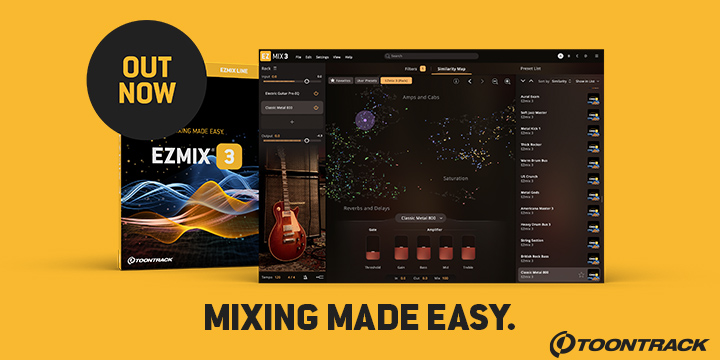
TBK can be used to obtain slow, gentle sweeps; massive screaming distorted sounds, and just about everything in between. It is designed to be flexible enough to fulfil your needs whenever you reach for a filter, but without forcing you through a complex interface, or requiring time spent calibrating fine detail. TBK adaptively calibrates itself for you.
Adaptive Resonance Technology
Standard filters require the alteration of resonance with frequency to maintain stable sonic attributes, particularly when resonance or saturation levels are elevated. This can make setup complex, adjustments difficult, and makes obtaining a perfect filter sweep very demanding. However the TBK 'adaptive resonance' system uses a psychoacoustic model to ensure a faultless sound regardless of filter style, frequency settings or sweep motions.
'Adaptive Resonance' is the technology in the Sonalksis TBK that controls the interaction between frequency, resonance and circuit saturation with respect to this psychoacoustic model, in order to give an improved sonic aesthetic in any circumstances.
Features:
- Adaptive Resonance Technology with adaptive saturation algorithm.
- Four available 'modes' of adaptive resonance.
- Multi-mode filter response types.
- High quality, analogue-modelled minimum phase filters.
- 64bit floating point precision internal processing throughout.
- Ultra efficient processing, with specific optimisations for native processors.
- Zero latency throughput.
TBK is available for Windows and Mac OS X in VST and AU formats and costs $199.99 / €149.99. Demo versions are available.











